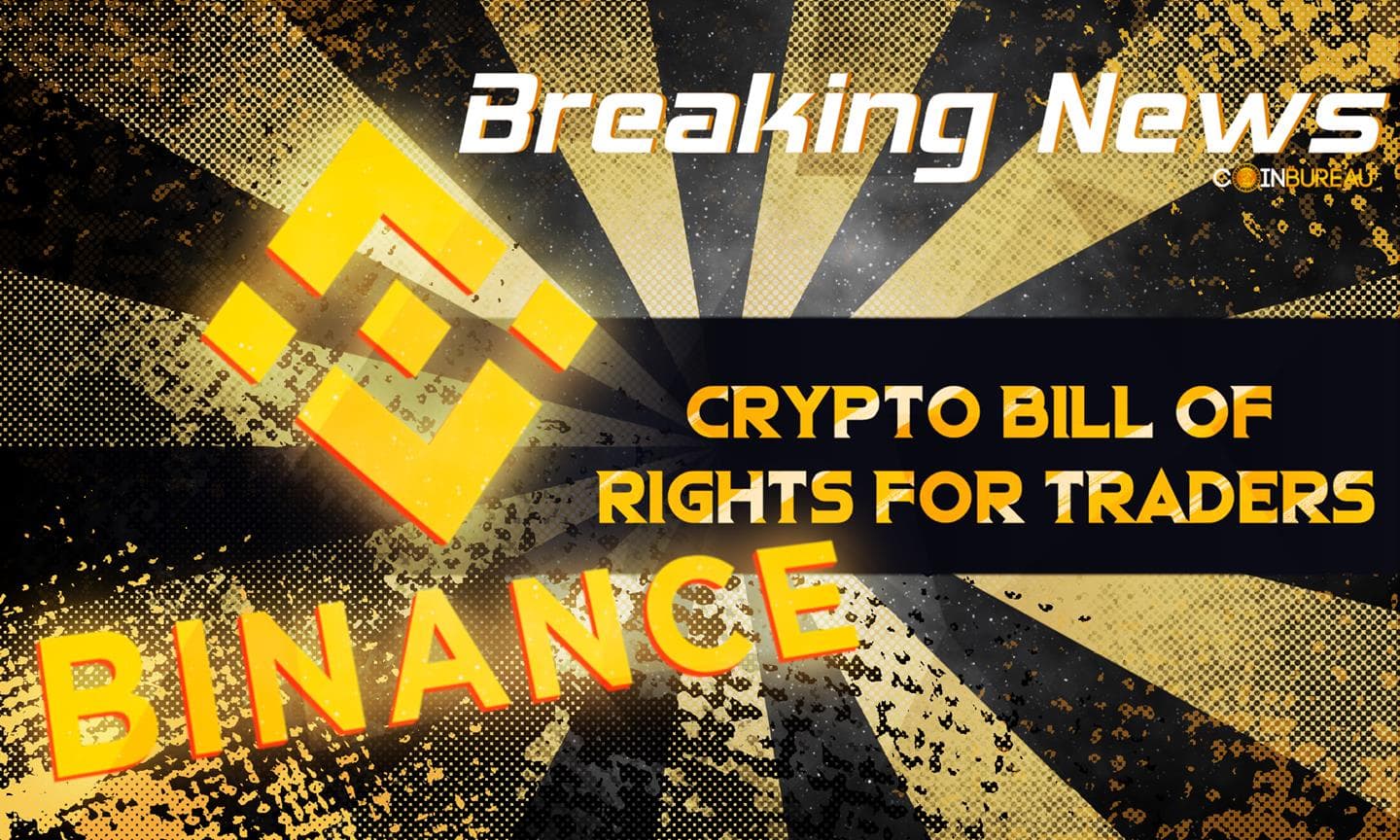Global crypto exchange giant Binance is beefing up its know-your-customer (KYC) and sanctions protocols with its latest partnership with financial analytics firm Kharon, as well as API-native screening provider Neterium.
According to a press release, Binance plans to leverage the partnership to provide industry-leading data and analytics to enhance sanctions screening and tighten up its KYC.
“Kharon's data will be delivered into Binance's transaction screening environment in partnership with Neterium,” they said. “The collaboration will contribute to the further development of data solutions dedicated to advancing the capabilities of cryptocurrency trading platforms to detect and prevent activity by illicit actors.”
Chagri Poyraz, Global Head of Sanctions at Binance said: "As we continue to maintain and build the world's largest cryptocurrency exchange, we are committed to building an industry-leading compliance program. Working with Kharon and Neterium allows us to leverage Kharon's best-in-class data with Neterium's innovative technology to address our risk."
 Image via Shutterstock
Image via Shutterstock
Howard Mendelsohn, Chief Client Officer at Kharon said: “Virtual asset service providers require the highest quality data and technology to support their compliance programs. Partnering with Binance to provide data and analytic tools is a critical development to address expanding regulatory expectations and mitigate risk.”
Changpeng Zhao (CZ), Binance’s CEO, at first didn’t approve of using sanctions against Russian users following the outbreak of the war in Ukraine. He said in March that blocking Russians from crypto exchanges was “unethical” and that the evasion of economic sanctions wasn’t “crypto-specific.”
Shortly thereafter, however, presumably under government pressure, Binance pivoted and announced further sanctions-related restrictions on its platform.
“Following the EU’s fifth package of restrictive measures against Russia, Binance is required to limit services for Russian nationals or natural persons residing in Russia, or legal entities established in Russia, that have crypto assets exceeding the value of 10,000 EUR,” the exchange said in a blog post.
“Binance must continue to lead the industry in implementing these sanctions. We believe all other major exchanges must follow the same rules soon.”





